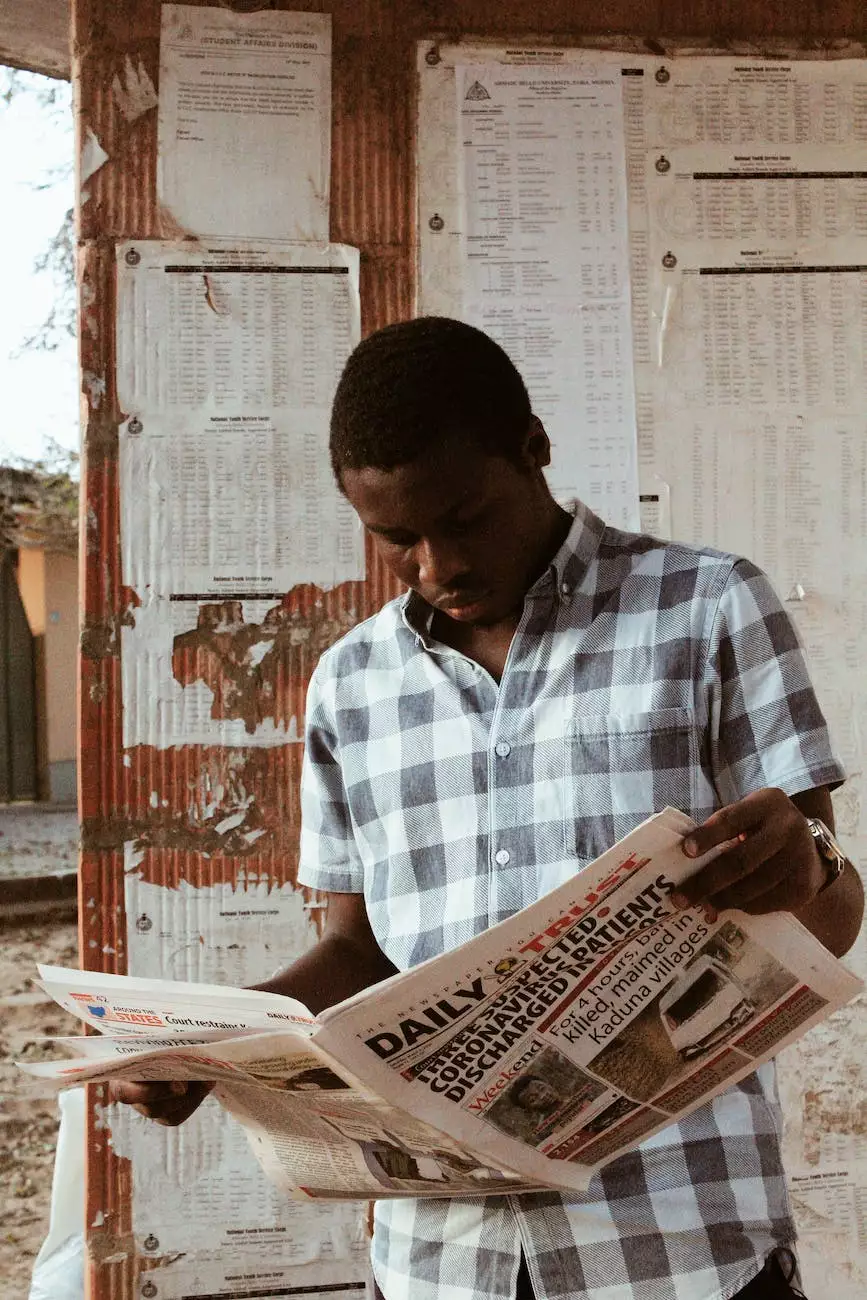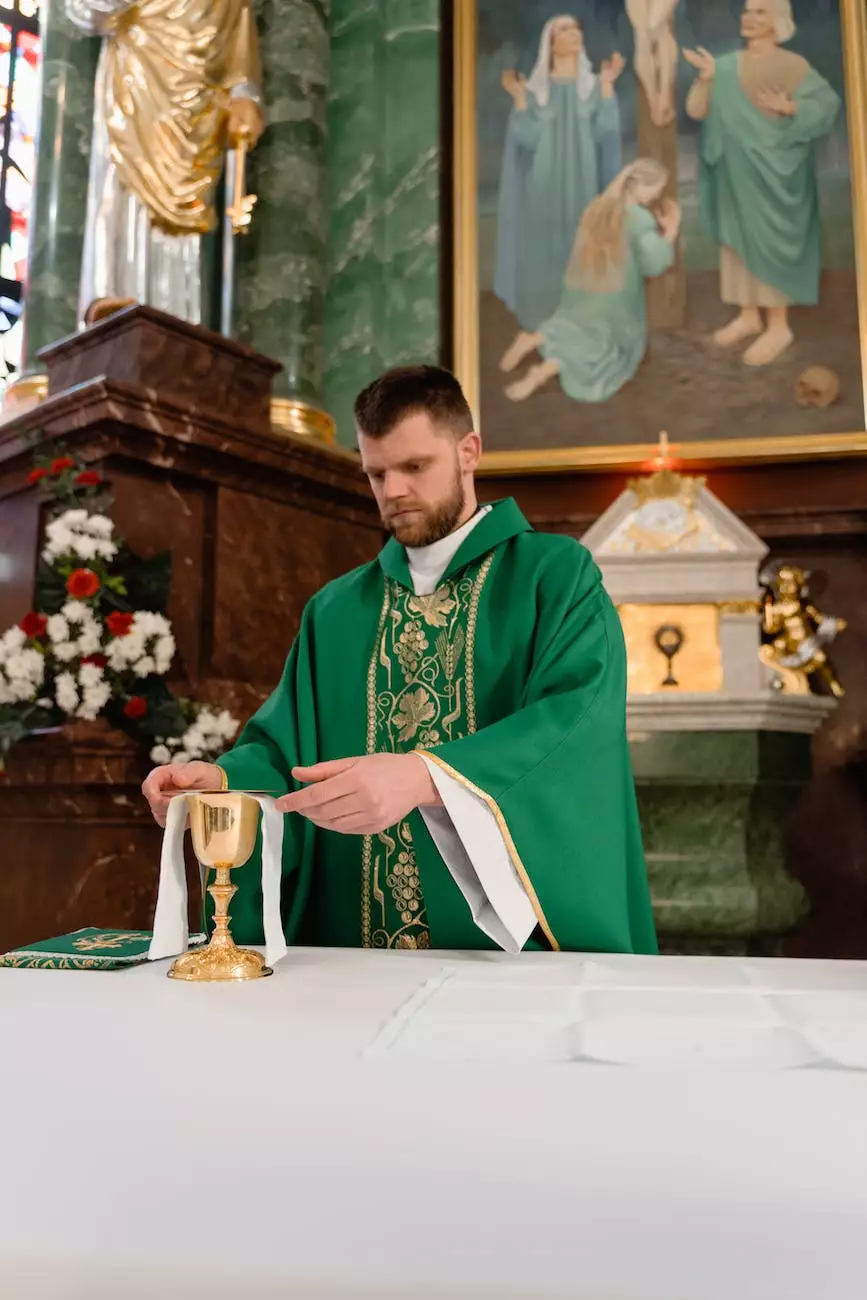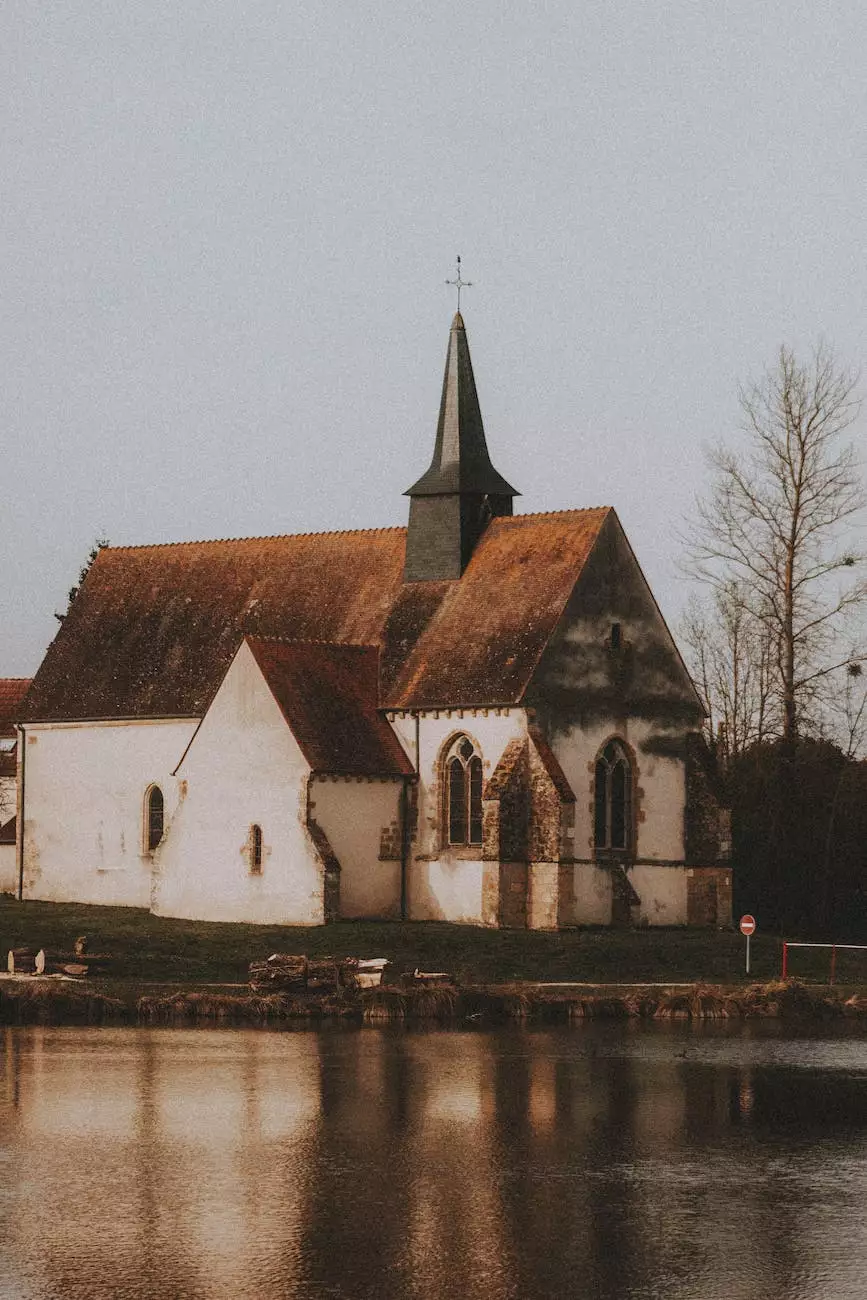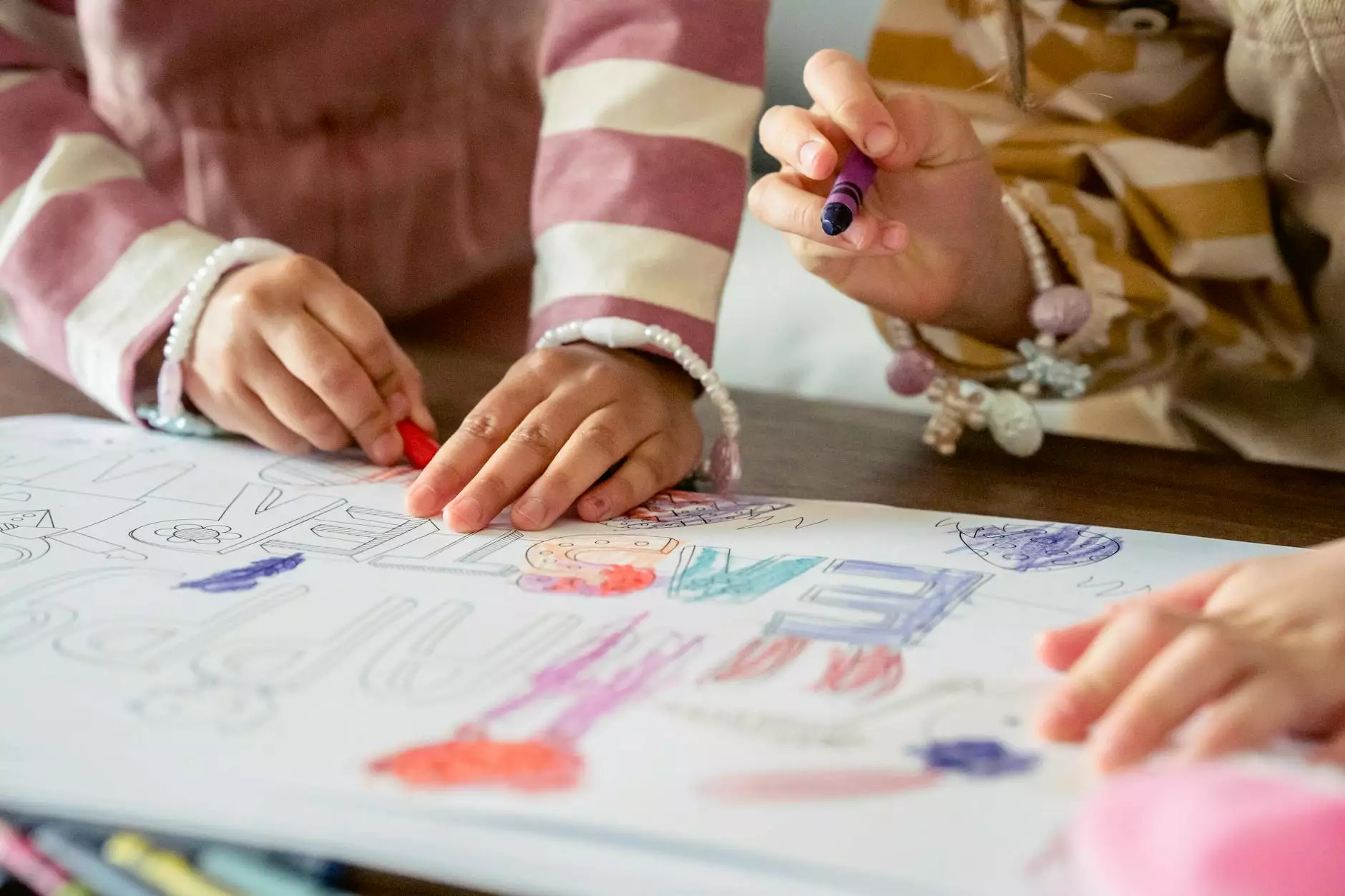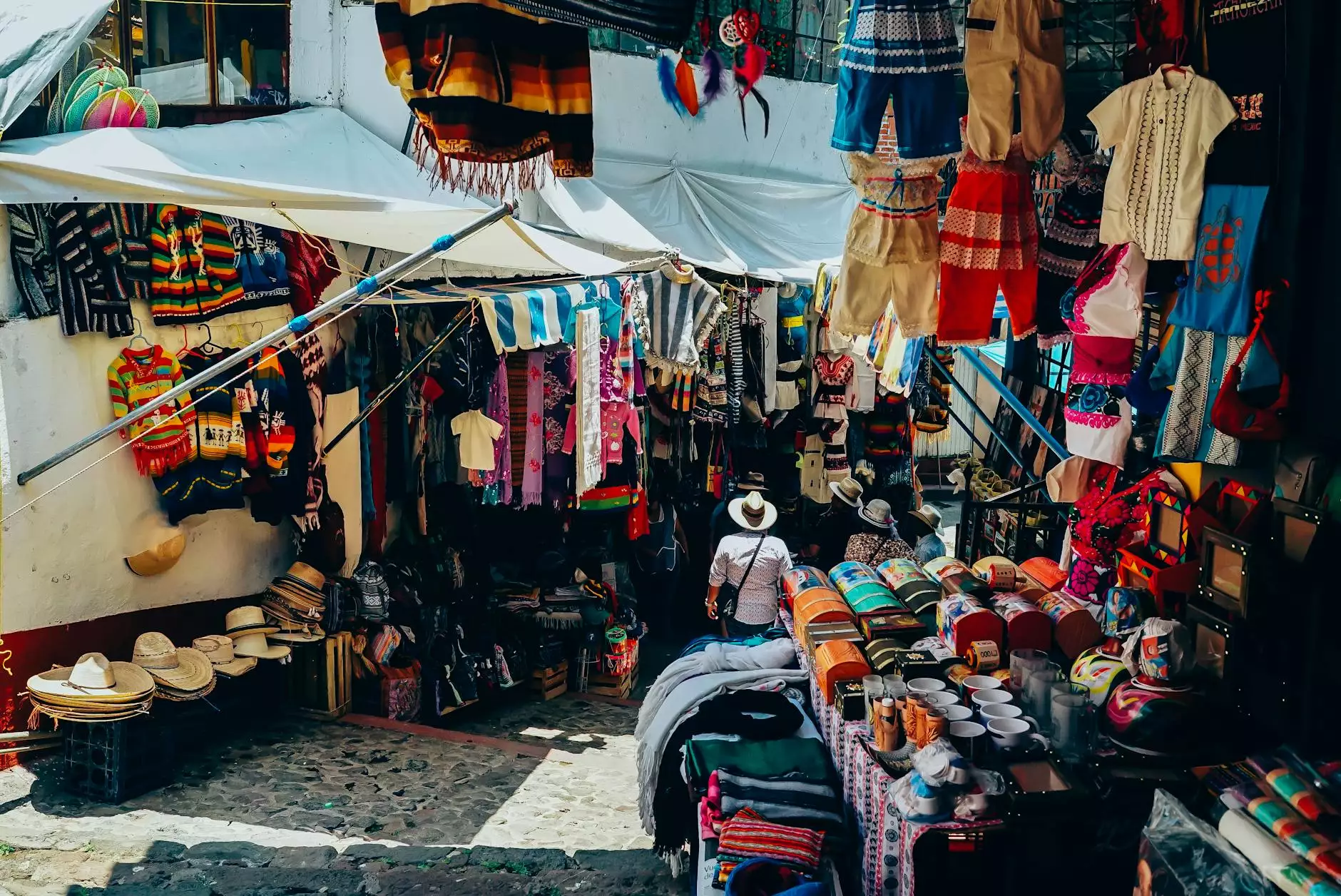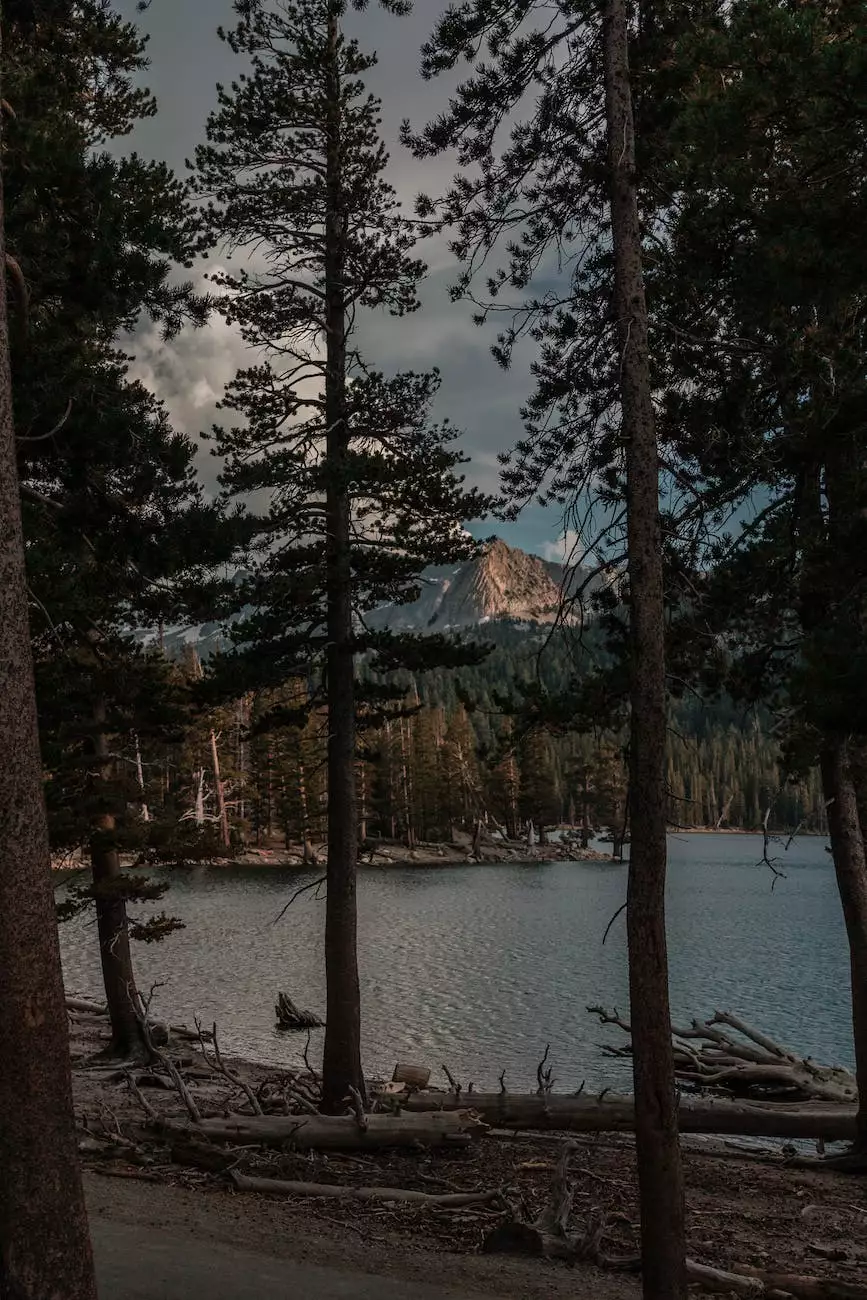Interim Report from CONAM on Methodist Involvement at Indian Schools
Category 4
Introduction
Welcome to Praise Chapel, a community-focused organization dedicated to serving and supporting individuals from all backgrounds. In this interim report, we explore the historical involvement of Methodists in Indian schools and shed light on the impact of these institutions on indigenous communities. Our commitment to fostering understanding, education, and inclusivity drives our efforts in sharing this valuable information.
Indian Schools and the Methodist Connection
The history of Indian schools intertwined with Methodist involvement dates back to the early 19th century. As part of the larger effort to assimilate indigenous populations into colonial society, various Christian denominations, including Methodists, established schools across the United States aiming to "civilize" Native American children.
Methodist missionaries played a significant role in the establishment and administration of these Indian schools. They advocated for education as a means to elevate Native American communities, often without fully recognizing or respecting the cultural diversity and richness of these peoples.
Impacts and Consequences
The involvement of Methodists in Indian schools had a lasting impact on indigenous communities. While some children benefited from educational opportunities previously unavailable to them, others endured traumatic experiences due to assimilation practices, cultural erasure, and forced abandonment of their native languages and traditions.
These schools were often underfunded, lacking proper resources, and staffed by individuals who possessed limited cultural competence. Consequently, many students experienced cultural alienation, emotional distress, and the erosion of their cultural identity.
Path to Reconciliation
Recognizing the historical implications of Methodist involvement in Indian schools, CONAM (Committee on Native American Ministries) actively encourages dialogue, apologies, and initiatives aimed at fostering healing, reconciliation, and long-term positive change. Praise Chapel supports these efforts and stands in solidarity with indigenous communities.
Through community engagements, educational programs, and partnerships with Native American organizations, Praise Chapel strives to promote inclusivity and amplify indigenous voices. We recognize the importance of acknowledging the past to shape a more equitable future.
Supporting Indigenous Communities
At Praise Chapel, we firmly believe in the power of sharing knowledge and resources to create a stronger, more inclusive society. We actively collaborate with indigenous communities, supporting their cultural preservation, educational opportunities, and advocacy for social justice.
Community Engagement
Our dedicated volunteers actively engage with local native communities to better understand their needs, concerns, and aspirations. We organize events, workshops, and cultural exchange programs to foster meaningful relationships and promote mutual respect.
Educational Initiatives
Praise Chapel is committed to supporting educational initiatives that empower indigenous individuals. We advocate for equitable access to quality education, blending traditional teachings with contemporary knowledge to promote holistic growth and cultural pride.
Advocacy and Social Justice
We strive to be strong allies in the fight for indigenous rights, recognizing and addressing past injustices while actively advocating for meaningful change. Through partnerships with local indigenous organizations, we amplify their voices and work collectively to dismantle systemic barriers.
Conclusion
Understanding the historical involvement of Methodists in Indian schools is crucial for building a more compassionate and inclusive society. As an organization committed to community and faith, Praise Chapel actively supports the ongoing efforts of CONAM and other indigenous-led initiatives to promote healing, reconciliation, and social justice.
Together, we can learn from the past, acknowledge the harm inflicted, and work towards a future where indigenous communities are empowered, respected, and celebrated.



